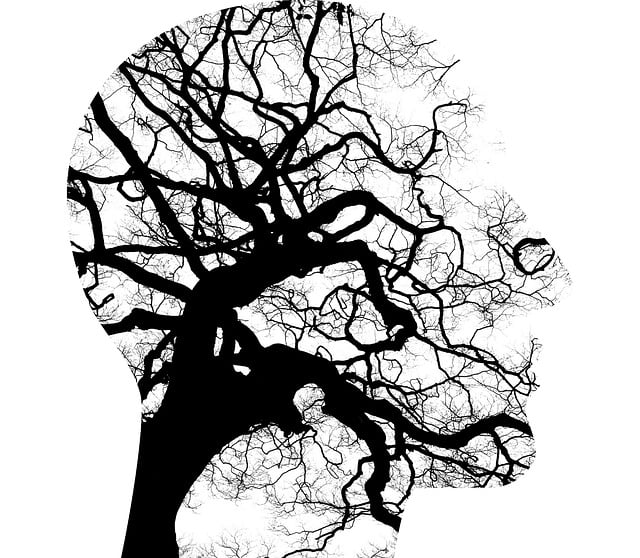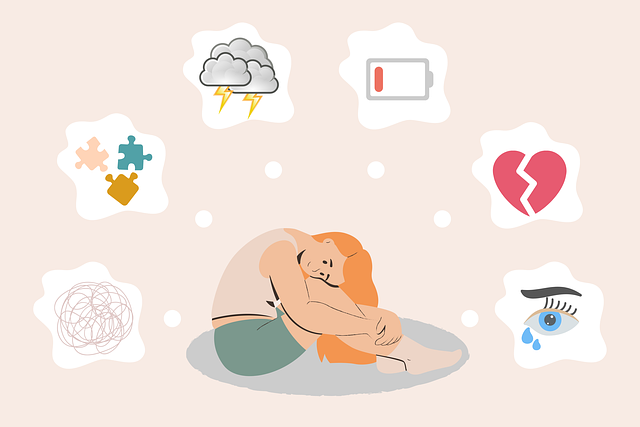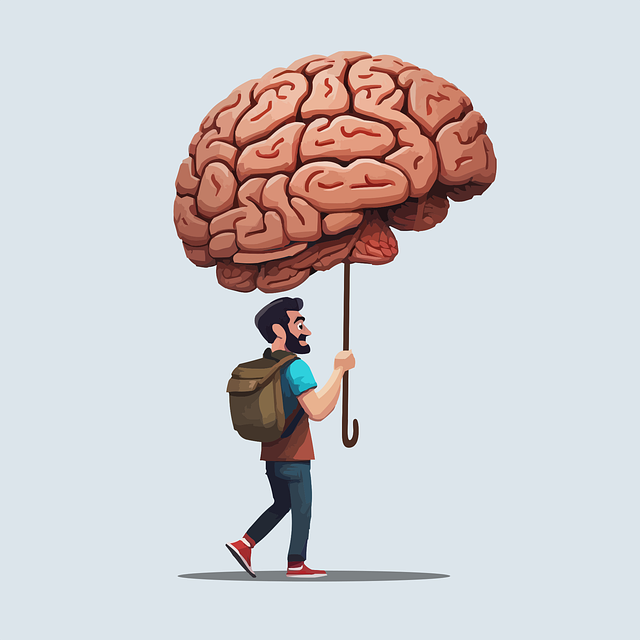Adolescent teens with developmental disabilities face unique challenges in self-care during identity formation and social integration. Mind Over Matter therapy principles empower them with life skills, emotional regulation, and crisis management to overcome isolation and impulsivity. Tailored programs focus on physical, emotional, and social well-being, fostering resilience and holistic mental health through effective self-care practices and compassion cultivation techniques. Therapy serves as a transformative tool, enhancing social interactions, emotion management, and healthier coping mechanisms for these teens.
Self-care is a vital aspect of overall well-being, especially for adolescent teens with developmental disabilities. This comprehensive guide explores the unique self-care needs of this population, delving into the barriers that hinder their ability to practice effective self-care. We offer practical strategies and techniques to empower teens, along with an in-depth look at how therapy can play a transformative role in enhancing their self-care journey. Understanding these aspects is crucial for fostering a healthier and more fulfilling life for adolescents with developmental disabilities.
- Understanding Adolescent Teens' Self-Care Needs with Developmental Disabilities
- Identifying Barriers to Effective Self-Care for This Population
- Strategies and Techniques to Enhance Self-Care Practices
- The Role of Therapy in Supporting Self-Care for Adolescent Teens with Developmental Disabilities
Understanding Adolescent Teens' Self-Care Needs with Developmental Disabilities

Adolescent teens with developmental disabilities often have unique self-care needs that require tailored support and understanding. As they navigate their formative years, these individuals face distinct challenges related to identity formation, social integration, and managing their conditions. Therapy plays a pivotal role in empowering them to develop essential life skills and foster resilience. By employing Mind Over Matter principles, professionals can guide teens towards improving emotional regulation, enhancing coping strategies, and promoting overall mental wellness.
Crisis intervention guidance is crucial during these formative years when adolescents might struggle with feelings of isolation or impulsivity. Mental wellness coaching programs can be designed to support them in adopting healthy habits, improving communication skills, and building supportive networks. This holistic approach ensures that the teen’s physical, emotional, and social well-being are addressed, enabling them to lead fulfilling lives despite their developmental challenges.
Identifying Barriers to Effective Self-Care for This Population

For adolescent teens with developmental disabilities, identifying barriers to effective self-care is a nuanced process. These barriers can be multifaceted, stemming from both internal and external factors. From a young age, teens with developmental disabilities often face unique challenges that can hinder their ability to establish a robust self-care routine. For instance, they might struggle with daily living skills, requiring constant support, which can limit their independence and sense of autonomy.
Therapy plays a pivotal role in addressing these barriers, offering not just solutions for stress management but also opportunities for social skills training. By providing tailored strategies and tools, therapists empower teens to develop self-care routines that cater to their specific needs and promote better mental health. This holistic approach acknowledges the interconnectedness of physical, emotional, and social well-being in fostering a sense of resilience and overall growth.
Strategies and Techniques to Enhance Self-Care Practices

Incorporating effective self-care practices is a vital component of overall well-being, especially for adolescents with developmental disabilities who may require additional support in navigating their emotional and mental health journeys. Therapy plays a crucial role in this process, offering tailored strategies to enhance coping mechanisms and foster resilience. Through therapy, teens can develop essential self-awareness exercises that encourage them to recognize and understand their emotions, breaking down barriers that might hinder healthy self-care.
Additionally, incorporating compassion cultivation practices and emotional regulation techniques can significantly improve self-care routines. These methods teach individuals to respond mindfully to stress and challenges, promoting a sense of calm and enhancing their ability to provide themselves with the care they deserve. By integrating these strategies into daily life, adolescents can better manage their mental health, leading to improved overall well-being and quality of life.
The Role of Therapy in Supporting Self-Care for Adolescent Teens with Developmental Disabilities

For adolescent teens with developmental disabilities, therapy plays a pivotal role in enhancing self-care practices. Through specialized therapy sessions, these teens can learn essential skills tailored to their unique needs. Social Skills Training, for instance, equips them with the ability to navigate social interactions more effectively, fostering better relationships and boosting their overall well-being. Moreover, therapy encourages self-awareness exercises that enable teens to recognize and manage their emotions, a crucial aspect of personal growth.
By incorporating therapy into their routines, adolescents can develop healthier coping mechanisms and improve their self-care practices. These sessions provide a safe space for them to express themselves, process challenges, and acquire valuable tools for daily life. With the guidance of professionals, teens with developmental disabilities can gain a deeper understanding of their capabilities and limitations, empowering them to take proactive steps toward better self-care.
In conclusion, addressing self-care practices among adolescent teens with developmental disabilities is a multifaceted endeavor. By understanding their unique needs, identifying barriers, and employing evidence-based strategies, we can significantly enhance their quality of life. The role of therapy cannot be overstated; it serves as a powerful tool to support these individuals in adopting healthier self-care habits, thereby fostering their overall well-being and independence. Through tailored interventions, we can ensure that adolescent teens with developmental disabilities receive the necessary guidance and resources to thrive.










